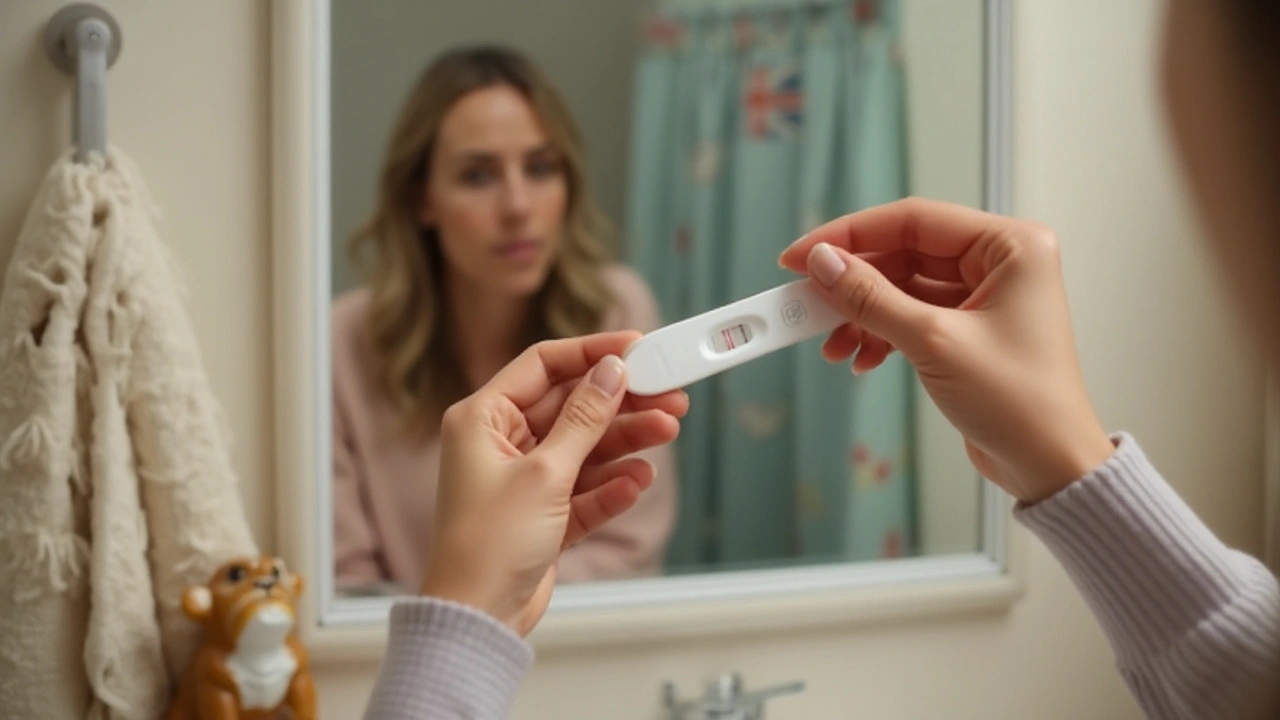Early Pregnancy Loss: What Happens and How to Cope
If you’re pregnant and notice unusual bleeding or cramping, it can feel terrifying. Early pregnancy loss affects about one in four recognized pregnancies, so you’re not alone. Understanding the warning signs, why it happens, and what to do next can make a tough situation a bit clearer.
Common Signs You Might Notice
The most obvious clue is vaginal bleeding that’s heavier than spotting. It often starts light and may become darker or clotted. Cramping that feels like menstrual cramps or a pulling sensation in the lower belly is another red flag. Some people also experience sudden loss of pregnancy symptoms such as breast tenderness or nausea.
Not every bleed means a loss, but if you have any combination of bleeding, cramping, and a drop in hormone‑related symptoms, call your health provider right away. Early testing with a blood hCG test can confirm whether the pregnancy is still progressing.
What Steps to Take Right Away
Your first move should be contacting a doctor or midwife. They’ll likely order an ultrasound and repeat hCG measurements to see if the embryo is developing. If a loss is confirmed, they’ll explain what options you have – waiting for natural passage, using medication to help tissue pass, or in rare cases a surgical procedure.
While you wait for medical advice, take care of your body. Rest as needed, stay hydrated, and avoid heavy lifting. Over‑the‑counter pain relievers like acetaminophen are usually safe, but check with your provider before taking anything else.
Emotionally, a loss can feel like a deep disappointment or grief. Talk to someone you trust – a partner, friend, or counselor. Many clinics offer support groups where you can hear from others who’ve been through the same thing. Simple actions like journaling how you feel or doing gentle walks can also help process emotions.
If you’re planning another pregnancy later, ask your doctor about any underlying health issues that might have contributed – thyroid problems, hormonal imbalances, infections, or lifestyle factors like smoking and excessive caffeine. Addressing those can improve chances for a healthy next pregnancy.
Remember, early loss is common and usually isn’t caused by anything you did wrong. Getting accurate information quickly, following medical guidance, and giving yourself space to grieve are the best ways to move forward.

